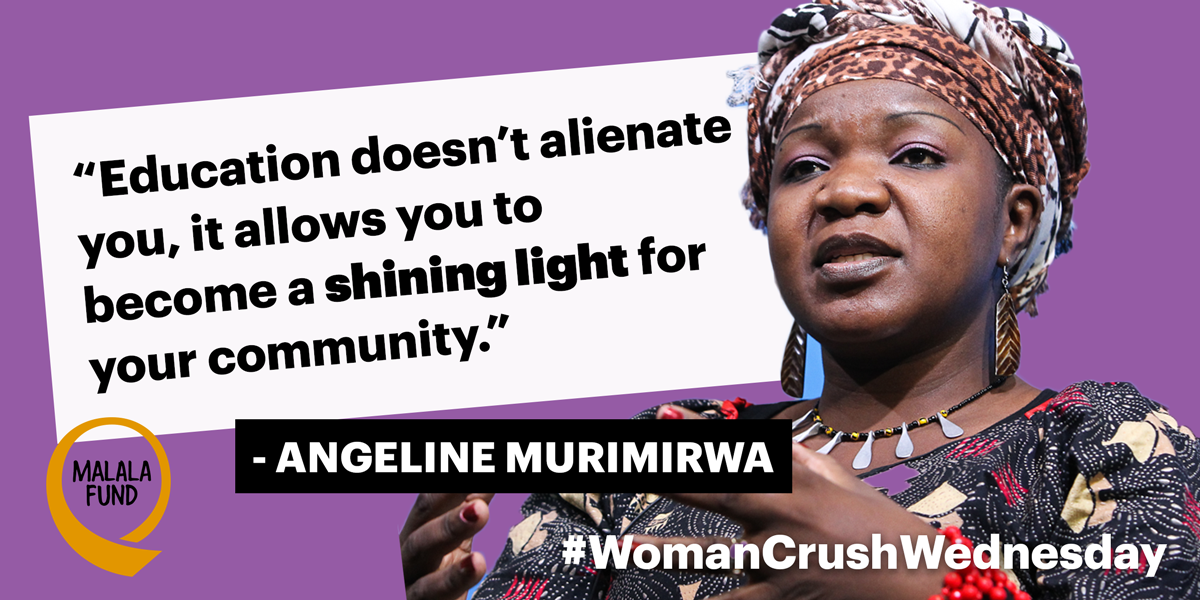Larry Wilmore was on Fresh Air yesterday. He used to be the “senior black correspondent” for the Daily Show and now he does The Nightly Show (and Jon Stewart is gone, tragically).
I recommend listening to it, but there’s also a transcript. In one bit they played a clip of Wilmore on his show talking about the Confederate flag.
GROSS: …This is about the Confederate flag and the controversy about whether it should have been, you know, this was before it was officially taken down in Charleston, S.C. so there was still the controversy about whether it should be taken down.
WILMORE: Right.
GROSS: So here’s your take on that. It’s kind of like an editorial that you were calling For the Record. So here’s Larry Wilmore on “The Nightly Show.”
(SOUNDBITE OF TV SHOW, “THE NIGHTLY SHOW”)
WILMORE: OK, for the record, the Confederate flag – it’s not a proud symbol of tradition or heritage. It’s a symbol of oppression and intimidation. That’s not my opinion, that’s an objective fact. On March 21, 1861, the vice president of the Confederacy, Alexander H. Stephens, stated that the Confederate government was based on the great truth that the Negro is not equal to the white man. That speech is now called the “Cornerstone Speech” because that idea is the cornerstone of the Confederacy. You don’t get clearer than that.
(LAUGHTER)
WILMORE: Now, some people say that Southern states should fly the Confederate flag because it’s a symbol of their heritage. But if we flew every flag from our past, why aren’t we flying the Union Jack in front of the White House?
(LAUGHTER)
WILMORE: Right?
(APPLAUSE)
WILMORE: And for the record, South Carolina, you don’t get to make the heritage argument because the stars and bars hasn’t been flying over the state house since the Civil War. It went up in 1961 to mark the centennial of the Civil War and, coincidentally, right around when the black people started with the wanting of the civil rights. In 1961, it was a reminder to black people that they should know their place. It has always been used as a symbol of intimidation and terror, and that’s what it remains today. In fact, because displaying the swastika is illegal across much of Europe, skinheads and neo-Nazis often adopt the Confederate flag in its place. It’s such a racist symbol that it does double duty as the backup racist symbol for another racist symbol.
(APPLAUSE)
WILMORE: That’s crazy. OK, so for the record, I get it that plenty of honorable people have fuzzy feelings about the Confederate flag, but that’s irrelevant. Their nostalgia will never trump the people who see it as a symbol of hate. And for a state to fly this flag, that hate is the message they send to their people. So for the record, does there really have to be a debate on whether or not you should take it down? Just take it down. You won’t get in trouble.
(LAUGHTER)
WILMORE: Just do it. Do it right now. Go ahead. Seriously, take it down now.
And then they talked about Bill Cosby.
GROSS: So one of your real issues is Bill Cosby. You do not miss an opportunity (laughter)…
WILMORE: Right.
GROSS: …To go after Cosby. And to exemplify that, we’re going to play a piece that you did on the Voting Rights Act…
WILMORE: OK.
GROSS: …And on voting restrictions in which you still manage (laughter) to try to drive to Cosby. So here’s Larry Wilmore.
(SOUNDBITE OF TV SHOW, “THE NIGHTLY SHOW”)
WILMORE: Let me just remind you of why we have the Voting Rights Act. Fifty years ago, Lyndon Johnson, who I’ve got to say is definitely one of my top five Lyndons…
(LAUGHTER)
WILMORE: …Passed the VRA which prohibited any and all discriminatory voting policies. So no more literacy tests, no more poll tax, right? So what’s changed? Well, in this case, they’re not so much trying to revise history, as they are trying to revive history.
UNIDENTIFIED MAN: The new rules reduced early voting to 10 days from 17, eliminated same-day registration, ended a program to preregister high school students and banned out of precinct voting.
WILMORE: They’re making voting [expletive] than Bill Cosby at a sleep clinic.
(LAUGHTER)
WILMORE: That’s right [expletive], I haven’t forgotten about you. I have not forgotten about you.
(APPLAUSE)
WILMORE: By the way, three more women came out against you yesterday, you sick bastard, all right? I got a Google alert on this [expletive], all right? In fact, the only reason I did this whole piece – the only reason I talked about Jeb and Hillary and the Voting Rights Act, the only reason why I woke up this morning, showered, put my deodorant on, tied my tie, spent an hour doing my hair, the only reason – the only reason I’m here tonight was so I could get to that joke and call you out. And let me just say, worth it.
But that’s not the best part. The best part is in the interview.
GROSS: So I – you’re hardly alone in being angry at Cosby.
WILMORE: Yes.
GROSS: But you seem to have, like, a special anger. And it made me wonder, like, do you know him from TV circles ’cause he used to…
WILMORE: No.
GROSS: You know, you’ve written sitcoms. It wouldn’t have surprised me if you worked with Cosby….
WILMORE: No, never did.
GROSS: …Or if you heard stories about Cosby.
WILMORE: Yep, that I have.
It was that bit. The transcript isn’t quite accurate – he actually said “yep yep yep” quickly. No, didn’t know him, no, didn’t work with him, yepyepyep heard stories. Yep. Just like Shermer. Everyone had heard the stories.
GROSS: …Or if you heard stories about Cosby.
WILMORE: Yep, that I have.
GROSS: You have? You’d heard about that in the past?
WILMORE: Yep, yep, yep. I think the thing that makes me the most – well, there’s certain – several things about that that make me angry – the period of time that these things have happened over, the fact that these women have these allegations but people could care less. It was like, who cares about what women have to say, you know? You know, the whole idea of a powerful man being able to shut up all these women is so abhorrent to me. That issue was what really drove me first is the idea that a powerful man can just shut women up, you know? That’s what started this whole thing. It had nothing even to do with the fact of liking Cosby or not liking Cosby. It was that simple issue. But yep – so that’s the part of it that really drove me on it.
Damn right. You know, the whole idea of a powerful man being able to shut up all these women is so abhorrent to me. That.
And it’s funny because, you know, I’ve never thought of myself as any advocate for anything. But I remember about 10 or 11 years ago, I joined the – I was on the board of directors for the Writers Guild of America. I just wanted – I thought, you know what? I’ve had a good career as a writer, I should really give back, you know? But I thought, I mean, I’m not particularly passionate about anything. But I realized many times when you show up for something, you find where your passions are, even if you don’t know it. And it was fascinating to me, I realized how passionate I was about so many issues and I didn’t even know it because the issues presented themselves to me and I had to declare where I stood, right? So I ended up fighting a lot for writers in certain situations – under-represented writers, women in certain situations. And I didn’t even know how much of a feminist I was. And I realized oh, my god, I was raised by a single mom who had to raise six kids. I have three sisters. Larry, you’ve been a feminist your whole life, you really didn’t know it until you’ve been presented with these issues. And it was the Cosby issue that made me realize how much I really cared about women’s issues and how much I realize it’s important for me to be an advocate for issues that aren’t necessarily my own – to be an ally for issues.
Now that’s where the word “ally” is useful and meaningful.






